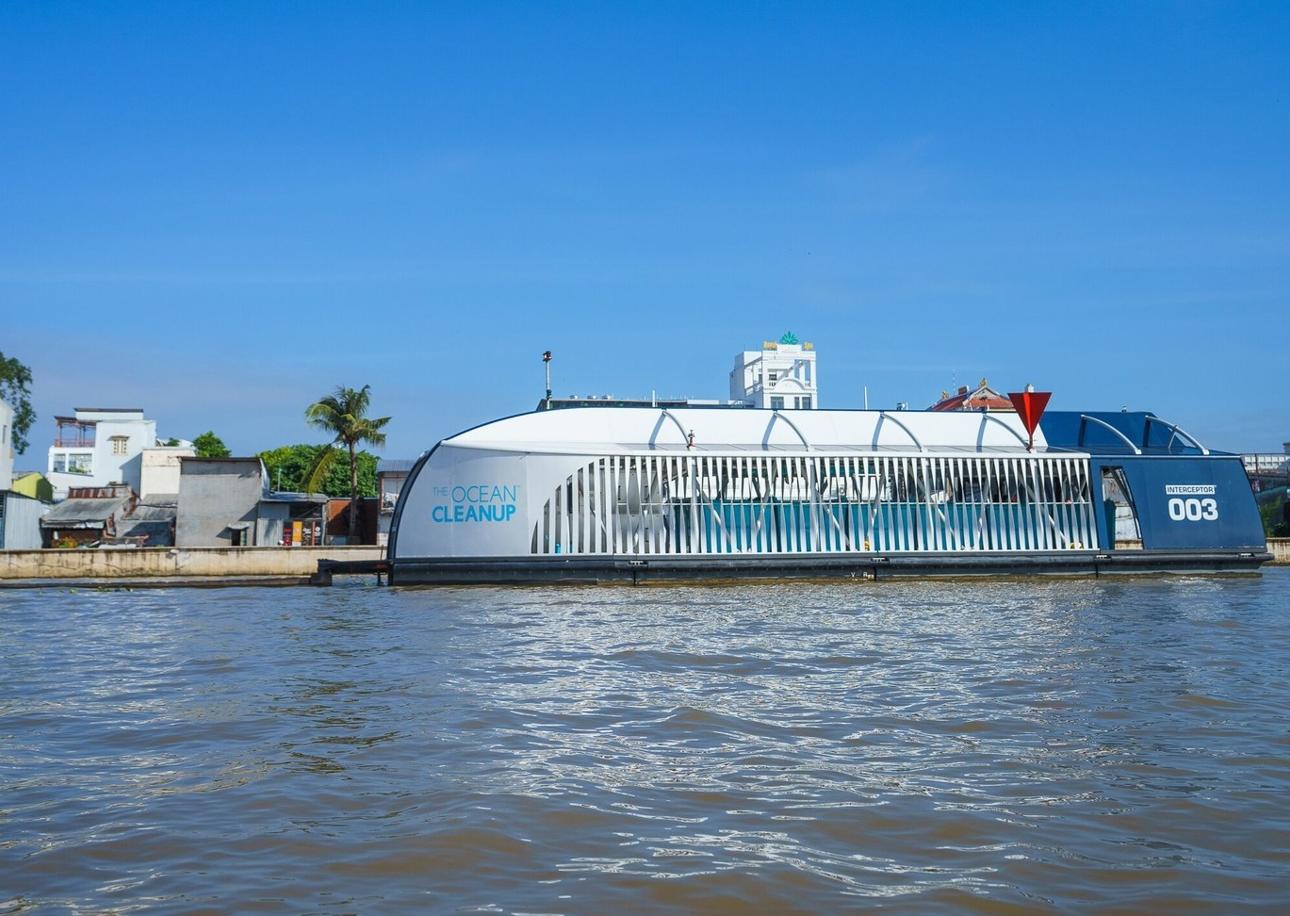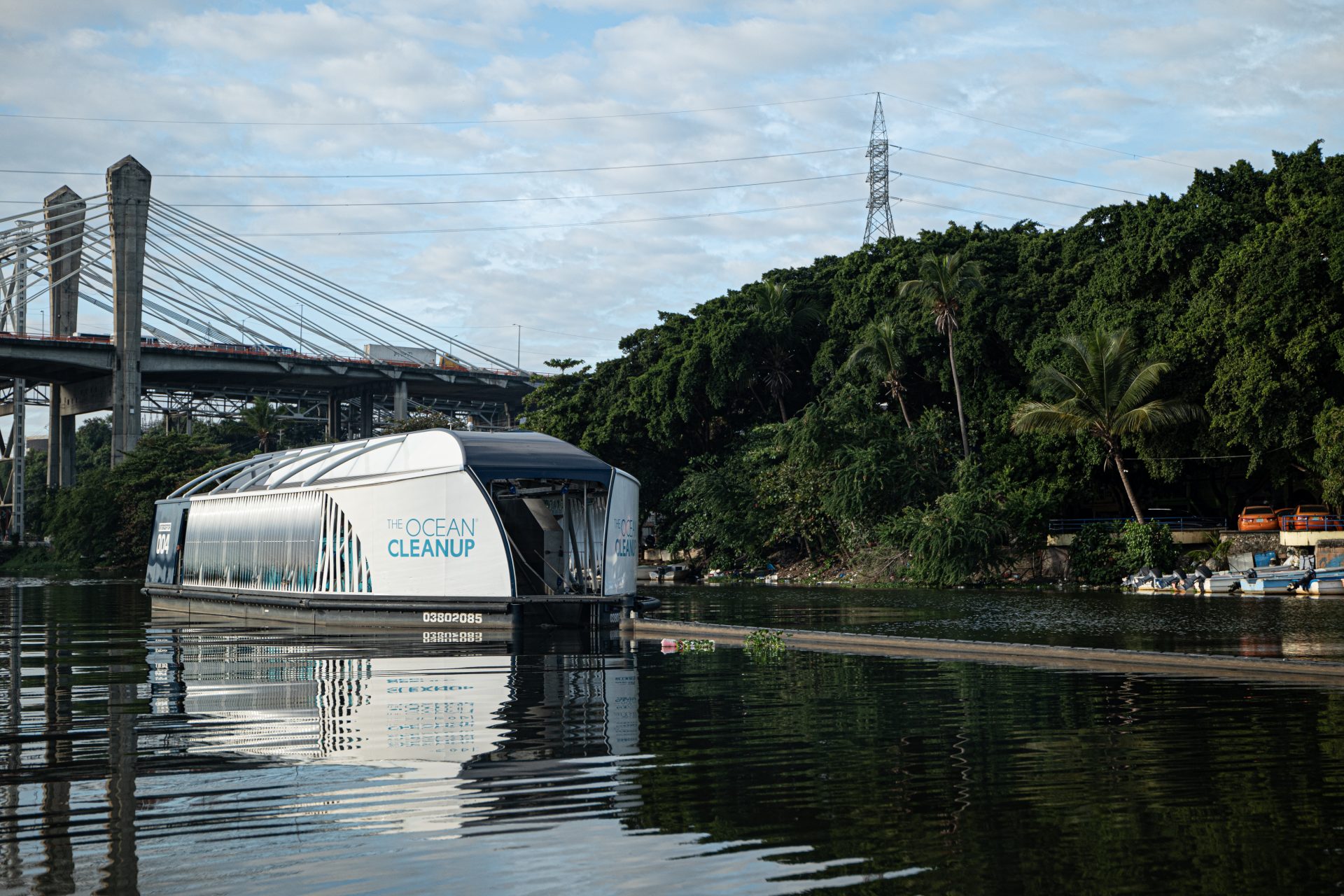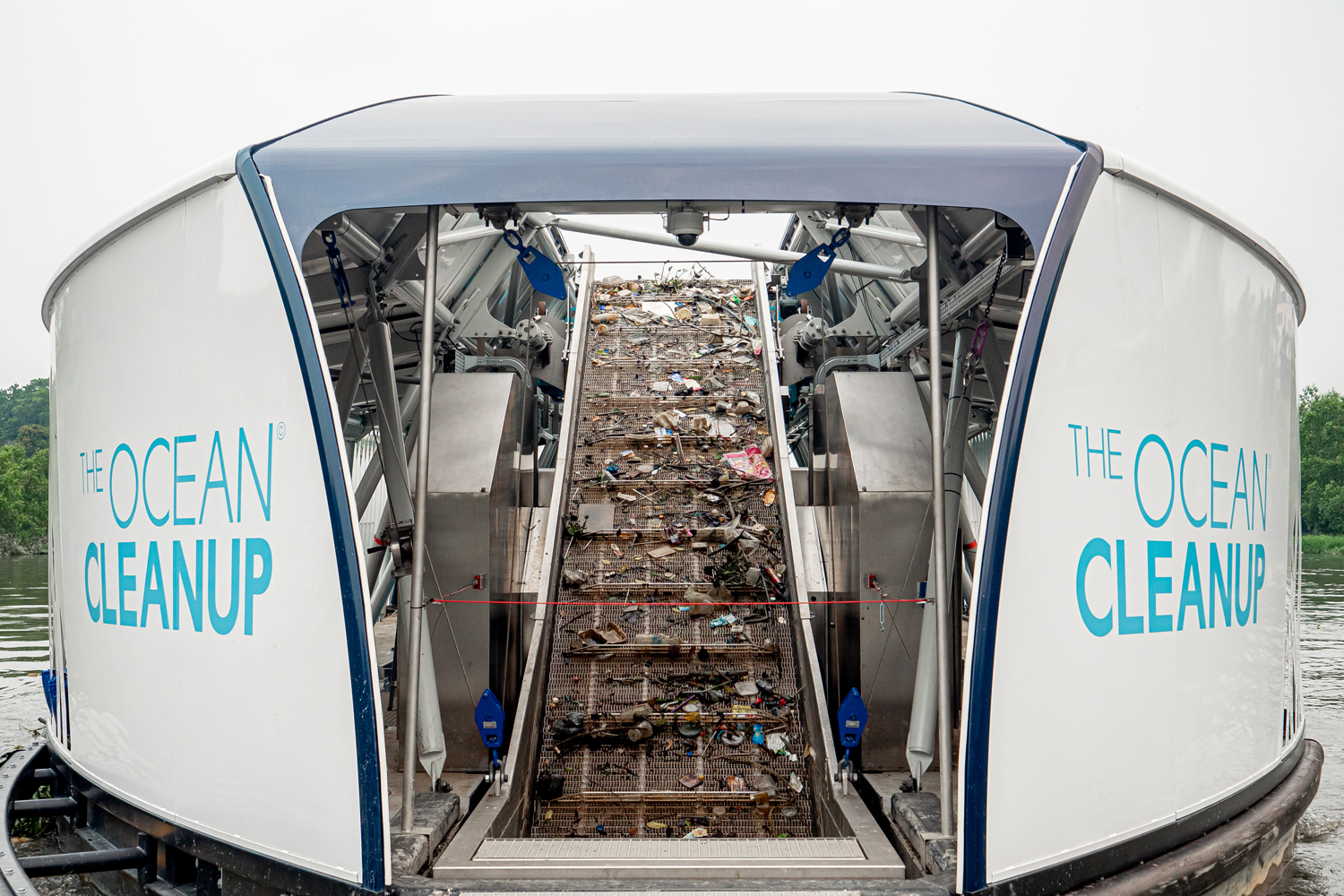A Peek into Thailand’s Hottest Star’s World: 10 Facts You Should Know About Freen
Get an exclusive peek into the world of Freen Sarocha: uncover 10 facts ...

The Chao Phraya River is about to host the largest effort in history by The Ocean Cleanup. The global non-profit, based in the Netherlands, develops and scales technologies to rid the world’s waters of plastic.
Each year, millions of tons of plastic end up in our oceans, arriving there via rivers and canals. Plastic makes up 80% of marine debris, and severely impacts marine ecosystems. Estimates put the current volume of plastic in the ocean at over five trillion pieces—which will take more than 450 years to clear naturally by breaking down. With the help of The Ocean Cleanup, oceans and rivers around the world are getting a head start.

The Dutch firm aims to clean up 90% of ocean plastics, and are focussing on the world’s 1,000 most-polluting rivers. The mastermind behind all this is Dutch inventor Boyan Slat, who founded The Ocean Cleanup back in 2013 at age 18. You may recognize the young entrepreneur from his viral Ted Talk appearances.
On March 31st this year, The Ocean Cleanup and Ecomarine—a subsidiary of Asian Marine Service (ASIMAR), Thailand’s leading shipyard—sealed a deal to import and launch the first of three Interceptors which will trap and take out trash.

Unveiled in 2019, the Interceptor Original is a high-tech, large-scale device that uses solar-powered mechanics, smart processing, and online connectivity to clear debris. It’s a river cleaning robot. In 2021, the Coca-Cola Company became the first partner to help implement use of the Interceptor to accelerate cleanup efforts. The Coca-Cola Company and The Ocean Cleanup have set their sights on our own Chao Phraya River, as one of 15 rivers in need of drastic intervention to stem the tide of plastic pollution entering oceans. The project was officially presented at a virtual kick-off in February last year.

Plastic pollution is a global tragedy for our oceans and sea life. Each year, thousands of seabirds, sea turtles, seals, and other marine mammals die after becoming entangled in plastic, or ingesting it. The Ocean Cleanup is a massive step towards the right direction, and we applaud the efforts. However, there’s more to be done. There are many small ways you can help solve this problematic issue: through recycling, reducing single-use plastics, or supporting organizations addressing plastic pollution. Small changes make a big difference—but we have to start now.
For more information about The Ocean Cleanup, visit theoceancleanup.com.
Get an exclusive peek into the world of Freen Sarocha: uncover 10 facts ...
In a cinematic landscape saturated with remakes, reboots and sequels, you might ...
These top 5 barber shops in Bangkok are where gentlemen can elevate ...
While traditional TV shows are serving us endless boy-meets-girl tales. Thailand has ...
Pets, as cherished members of our families, deserve rights and protections that ...
The internet makeup obsession straight out of Bangkok’s streets! Thai makeup zeroes ...
Wee use cookies to deliver your best experience on our website. By using our website, you consent to our cookies in accordance with our cookies policy and privacy policy